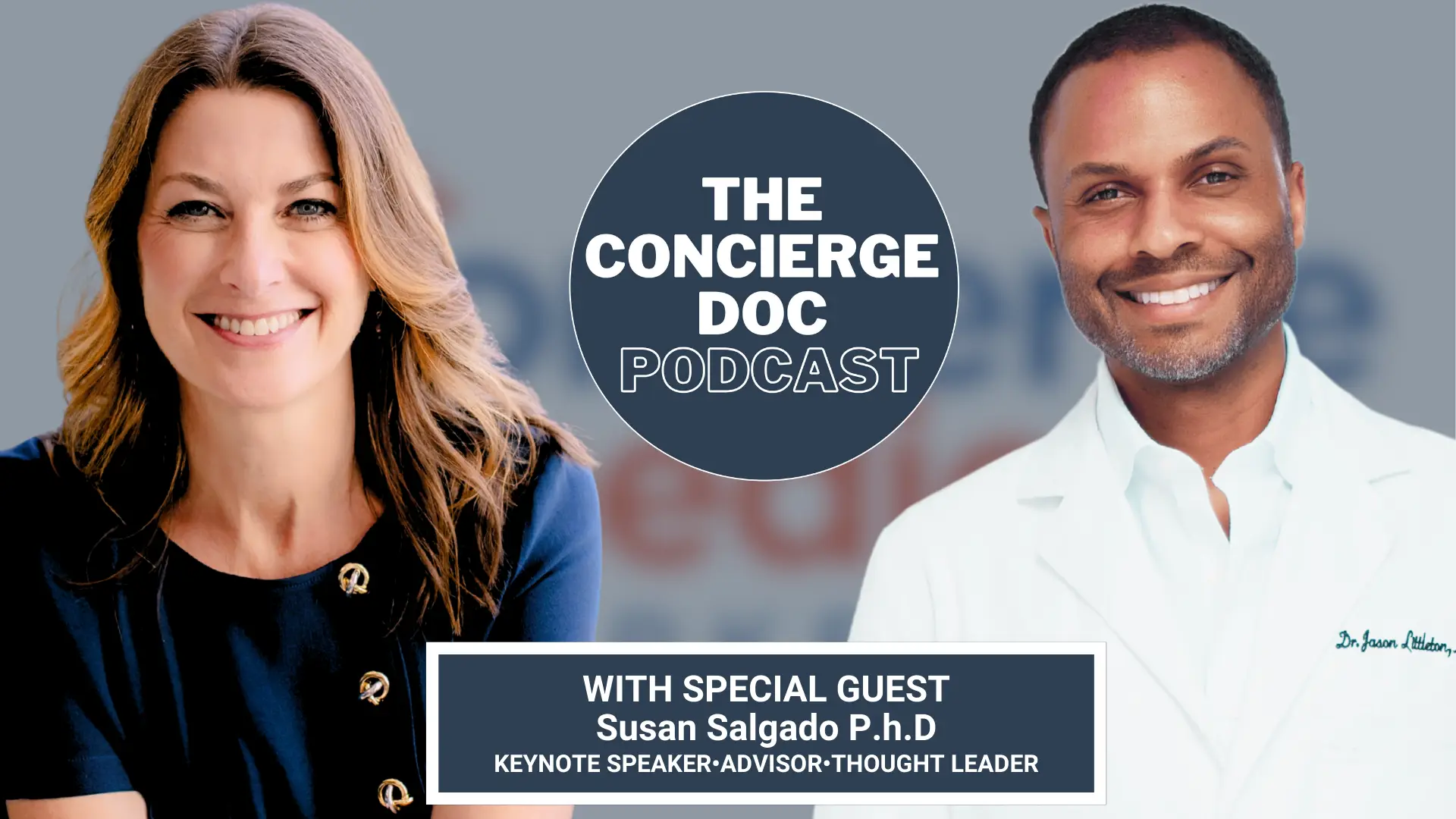As you’ve probably heard, there’s good cholesterol—also known as HDL—and bad cholesterol, aka LDL. Your body naturally produces cholesterol, and we get some from eating animal products. You need some cholesterol for certain biological functions, but it’s important that the balance between good and bad stay at a healthy level. If it doesn’t, the LDL starts to build up in your arteries, putting you at increased risk of heart disease and other serious complications.
Lifestyle changes are the best ways to lower high cholesterol, as they avoid the side effects of medication and are generally better for your overall health anyway. And cholesterol-lowering medications can have some nasty side effects. Still, they may be necessary, at least temporarily, to more efficiently get your levels under control.
Talk to your doctor about whether your cholesterol levels and other risk factors are concerning enough that you need a prescription to start managing them. If not, get started on the below lifestyle changes right away to naturally get things back in check. Or, if you do need medication, make these changes anyway and visit the idea of getting off the meds somewhere down the line.
How to Lower Cholesterol Naturally
- Reach and maintain a healthy weight. Being overweight—even by just a few pounds—typically goes hand-in-hand with high cholesterol levels. Losing just 5 to 10 percent of your body weight can make a significant difference.
- Get at least about 30 minutes of moderate to intense aerobic exercise most days of the week. Cardiovascular exercise promotes a healthy balance of good and bad cholesterol, and it’s important for weight control. Talk to your doctor before beginning an exercise regimen though, especially if you’re out of shape, haven’t exercised much recently, or have any health conditions that may affect what you can safely do.
- Choose healthy fats, which include monounsaturated and polyunsaturated fats found abundantly in seafood, nuts, seeds, most plant-based oils, and legumes. Limit saturated fat from foods like red meat, poultry skin, and dairy products, and stay completely away from trans fat.
- Eat plenty of whole grain foods. Their dietary fiber content helps lower bad cholesterol. Soluble fiber is particularly useful in this respect. Oats and barley are two great whole grain sources. Fruit, veggies, and legumes are rich in fiber too.
- Drink tea regularly. Evidence points to black and green tea helping to reduce LDL cholesterol levels. Just keep the added sugar to a minimum.
- Drink a glass of red wine every day or two. Evidence points to a number of heart-health benefits to drinking red wine in moderation, and this includes promoting optimal blood cholesterol levels. Don’t drink any alcohol excessively, though, as this easily leads to weight gain and other health problems.
- Quit smoking if applicable. Along with countless other health benefits, there’s good scientific support for the belief that quitting can improve your HDL cholesterol levels.
In healthcare, technical skill is only part of the equation....
Family life is full of moving pieces, school drop-offs, late-night...
What if your medical practice had a marketing assistant trained...
In healthcare, technical skill is only part of the equation....
Family life is full of moving pieces, school drop-offs, late-night...



